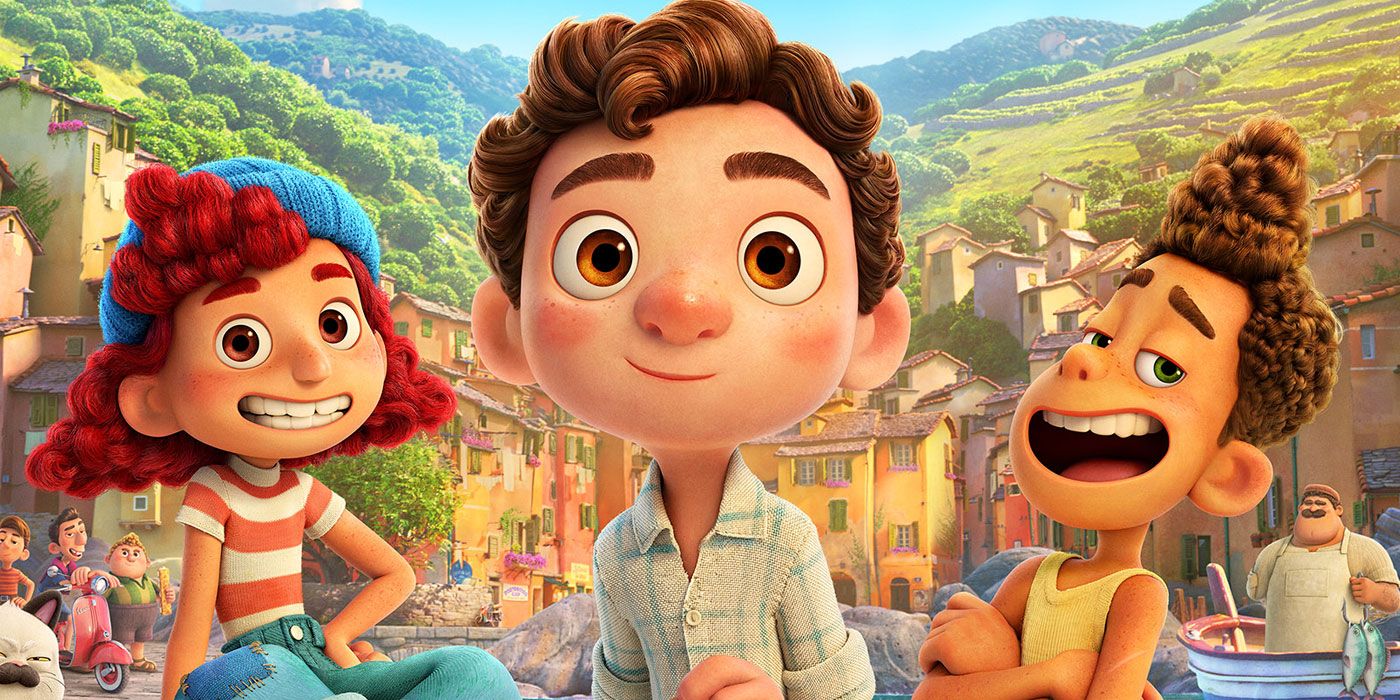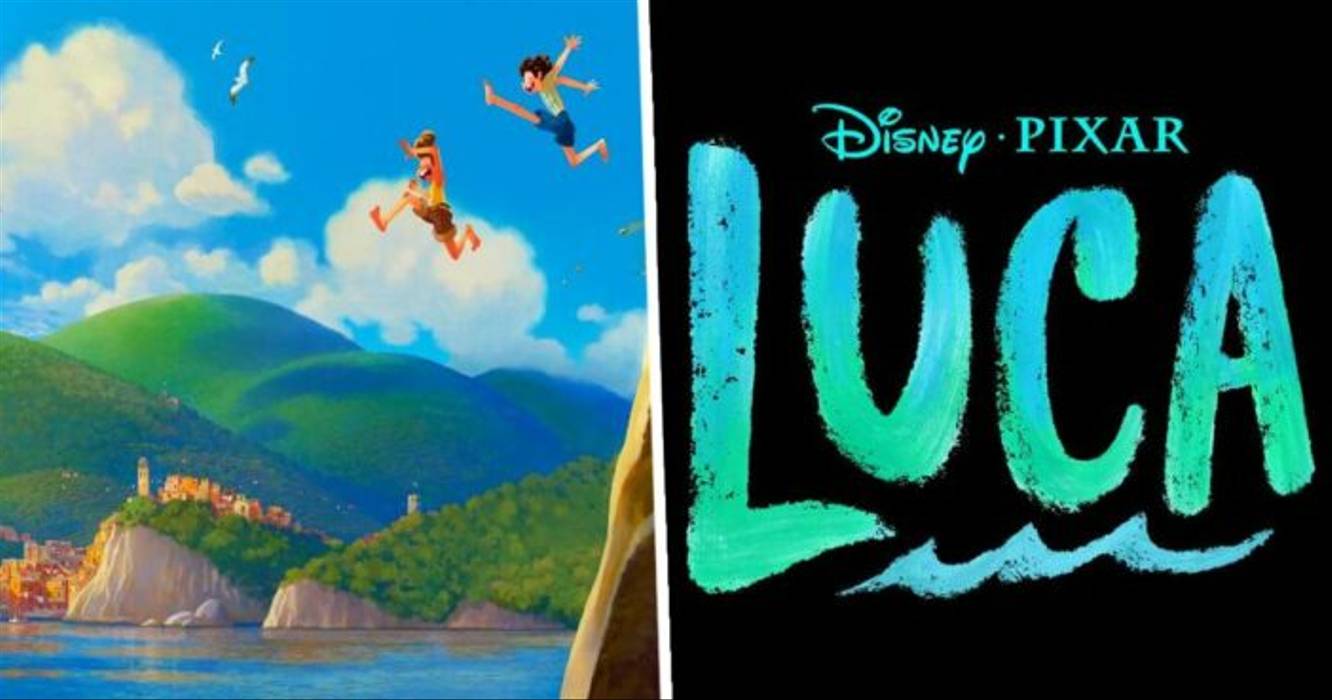

Luca at first tells Alberto he’s a “good kid” and that “it’s bad up here.” A villain tells him that “everyone is afraid of you and disgusted by you.” Late in the film, we hear that he may never be accepted for who he is, but at least he’s learning to find people who will accept him anyway.

One it seems to allow, if not outright invite, is that it’s a little fable about quietly realizing a queer identity. Disney/Pixarīut Luca does make space for a prismatic variety of readings, a simple allegory with a few different applications. You can almost feel the Riviera sun beating down on your shoulders.
/cdn.vox-cdn.com/uploads/chorus_image/image/69198638/05_LucaProgressionTransformationImage_v173_17a.pub16.1493_copy.0.jpg)
Though it’s firmly rooted in an old-world Italian village, the evocation isn’t as luminous or all-encompassing as a film like Coco.

Characters develop without warning or much explanation, which could be irritating if you’re entranced by Luca’s universe. I thought a little of last year’s Wolfwalkers (a non-Disney film, and probably better for it), which resonates with some of the same themes.ĭespite its many plot threads, Luca is not the most complex film, philosophically, that Pixar has served up, or its most well-thought-out. Luca’s sun-drenched spin on the story locates it in a coming-of-age tale that’s also about overprotective parents (reminiscent of Finding Nemo) and the importance of having a friend who can pull us out of our darkest moments. The message is familiar, too, the oldest in the Disney canon: Don’t be afraid to be yourself, because nobody else can be you, and those who love you are the only ones who matter. In some ways, it’s the oldest plot in the book: Someone who is an outsider - a beast, a poor stepsister, a mermaid, a princess with a hidden power - must conceal their identity in order to avoid detection among “normal” people. And so they’re always hiding their true identities. Luca and Alberto are constantly worried they’ll be found out as loathsome sea monsters, not “normal” boys. She enlists their help in winning Portorosso’s annual race. They meet a girl named Giulia (Emma Berman), who lives with her fisherman father (Marco Barricelli) and her marshmallow-shaped cat named Machiavelli. Alberto and Luca are fast friends, bound together by their mutual love of Vespas and, eventually, a grand adventure they embark upon to a nearby village called Portorosso. Luca reluctantly follows, and discovers to his amazement that he’s more well-equipped to survive above water than he’d expected. One day, another young sea monster named Alberto (Jack Dylan Grazer) appears to retrieve some of the artifacts. And when he finds some random detritus scattered in his fishes’ grazing region - an alarm clock, a little picture, a wrench - he starts to daydream. Yet, like the Little Mermaid before him, Luca is curious about what’s going on up above. Especially for sea monsters, who are not themselves dangerous to humans but are regarded as such and hunted with fearsome spears. According to his parents, it’s dangerous up there. He watches over the fish, who are little bubbly airheads with the mannerisms of sheep, and stays away from the surface. He lives with his mother Daniela (Maya Rudolph), father Lorenzo (Jim Gaffigan), and crotchety badass of a grandmother (Sandy Martin). The story centers on Luca (voiced by Jacob Tremblay), a shy young sea monster who herds fish by day in a cove off the coast of the Italian Riviera. And just like those kinds of stories, there’s a buried wisdom within Luca that shifts a little depending on who’s looking at it, like the color of light refracting off a wave. Luca could take place this summer or a century ago. It has a softer, more hand-drawn feeling than some other Pixar offerings, almost as if it’s 2D in places, which gives the impression of timelessness. It’s a tiny vacation with a healthy serving of imagination.ĭirector Enrico Casarosa says the look of his new film is inspired by everything from Renaissance maps - the kind haunted around the edges by scaly sea monsters - to Japanese woodcuts and his own childhood memories of summers in southern Italy. (They’re also both sea monsters, but more on that later.) There is pasta and gelato, fountains and cycling, a mustache-twirling villain and starry night skies.
#Luca pixar movie
Luca is probably the most summery movie that Pixar’s ever made - a light, gentle, sweet tale of a young boy and his best friend who go on an adventure in a tiny Italian town.


 0 kommentar(er)
0 kommentar(er)
